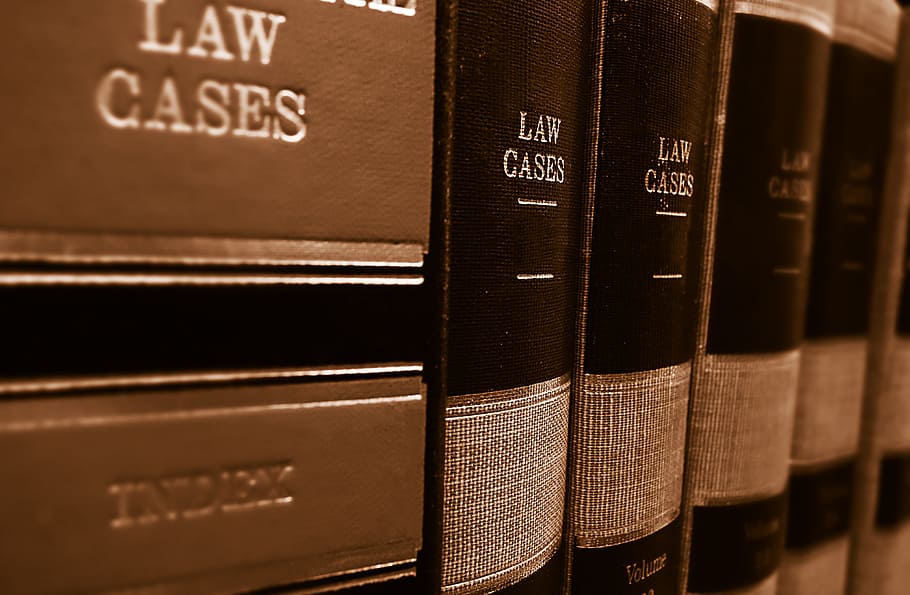

The usher will read out the oath and ask you to repeat the words after them. If you’re giving evidence during the hearing you will be asked to swear an oath or make a legally binding promise (known as an affirmation) that your evidence will be true.

If you have a solicitor or barrister, they’ll ask questions for you. You’ll be given time to ask questions and give evidence in your case. What to say at the hearingĪs part of the hearing, someone will explain who will speak and when. You can ask a member of staff if you need to take a break at any point during your hearing. They will tell you when you can sit down again. This means the judge or magistrate is about to come into the room. When a member of staff says ‘all rise’ you must stand up. You can take notes but you must not take photos or videos. You must silence all calls and notifications on mobile devices when you are in the hearing room. You may be asked to leave certain items with security staff – you’ll get them back when you leave.Ī member of staff will call you into the hearing room and show you where to sit.

taking off your shoes, coat, gloves, hat or belt.handing over your bag for it to be checked.When you enter a courts or tribunals building, your bags and pockets will be checked like they would be at an airport. The day of your hearing When you enter the building This is sometimes called a ‘ reasonable adjustment’.īefore your hearing date, contact the court or tribunal on your letter to let them know what you need. You can get support in the court or tribunal building and during your case. You can breastfeed or express milk in all court or tribunal buildings. There are no childcare facilities and staff cannot look after your children while you are in the hearing room. If you come with more than one person, they may not be allowed to enter. If you need support, only bring one person with you – such as a friend or family member. Who will be at your hearingįind out who else might be at your hearing and what their roles will be. If you’re at higher risk from COVID-19 and need to attend a hearing, contact the court or tribunal to let them know so we can keep you safe. We consider alternative arrangements and individual requests on a case by case basis. If you have a high temperature or do not feel well enough to attend a hearing, contact the court or tribunal immediately. provide a screen in the hearing room so that the other party cannot see you.seat you in a different part of the building to others in your case while you wait.There are other things we can do to help you feel safe, for example: You should contact the court or tribunal on your letter if you have any worries about your safety on the day. We know that coming to a court or tribunal can feel overwhelming or frightening. Make any arrangements you need to, for example childcare or taking time off work. Your case might not be first so be prepared to wait. The time given in your letter is when the day’s cases start. Do not arrive earlier as you may be turned away, particularly during busy times. You need to arrive 30 minutes before the time stated in your hearing letter.

There are no other rules about what you should wear, but dress smartly if you can. What to wearĪpart from a face covering, you cannot wear anything on your head in a court or tribunal building unless it is for religious reasons. You cannot bring weapons, glass or liquids other than non-alcoholic drinks or hand sanitiser into the building.


 0 kommentar(er)
0 kommentar(er)
